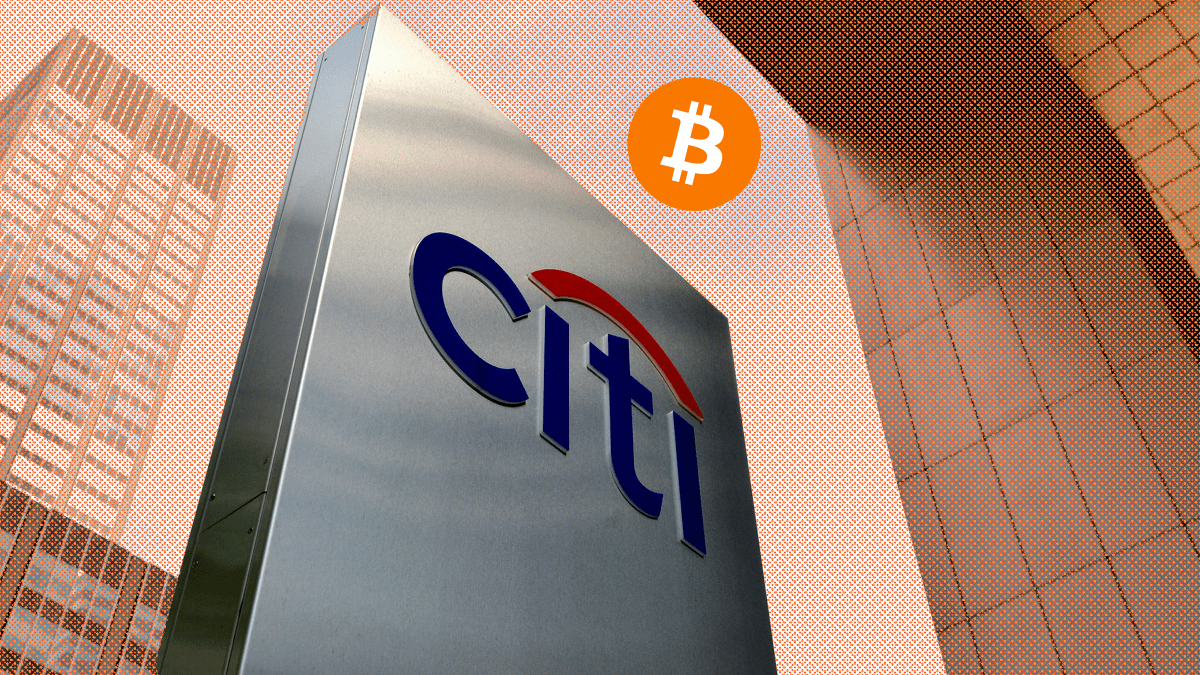
The U.S. banking giant Citigroup is currently awaiting approval to begin trading Chicago Mercantile Exchange Bitcoin futures, CoinDesk reported earlier today.
An anonymous source within the bank told CoinDesk that Citigroup is currently dealing with a recent uptick in demand for Bitcoin exposure among their clients. If approved, Citi would join the ranks of Goldman Sachs, and become the second major bank to offer Bitcoin futures trading.
A second anonymous source told CoinDesk that Citi is hiring people for a “crypto-focused” team in London. The source said, “The team is likely to win approval to begin trading CME bitcoin futures first and then bitcoin exchange-traded notes.”
A spokesperson from Citigroup wrote to CoinDesk via email: “Given the many questions around regulatory frameworks, supervisory expectations, and other factors, we are being very thoughtful about our approach.”
“We are presently considering products such as futures for some of our institutional clients, as these operate under strong regulatory frameworks.”
Citigroup seeking Bitcoin futures trading approval is just the latest in a long line of conservative investment institutions venturing into Bitcoin.
Wells Fargo and JPMorgan both recently filed for passive Bitcoin funds. Recently, Coinbase announced a partnership with one of the largest traditional banks in Japan, Mitsubishi UFJ (MUFG) Financial Group, which will offer its account holders exclusive onboarding to the exchange platform.
In July The Bank of New York Mellon (BNY Mellon) announced it would back the launch of a new London-based cryptocurrency exchange called Pure Digital, the first major Bitcoin trading platform backed by a consortium of large banks.
At the time, Global Head of Foreign Exchange at BNY Mellon Jason Vitale spoke to the future of Bitcoin at large traditional banks: “Digital assets are only going to become more embedded in global markets in the years ahead and this collaboration accords with BNY Mellon’s wider strategy to develop a digital asset capability for clients across the entire trade life cycle.”